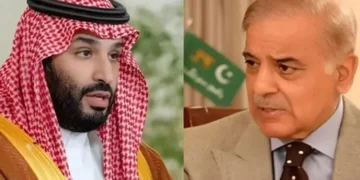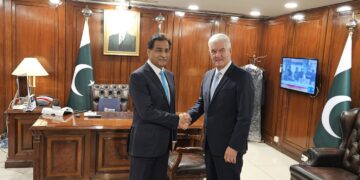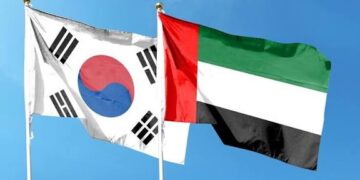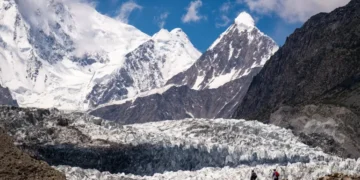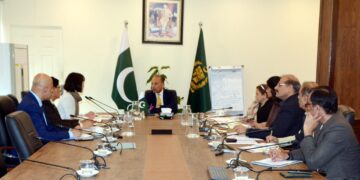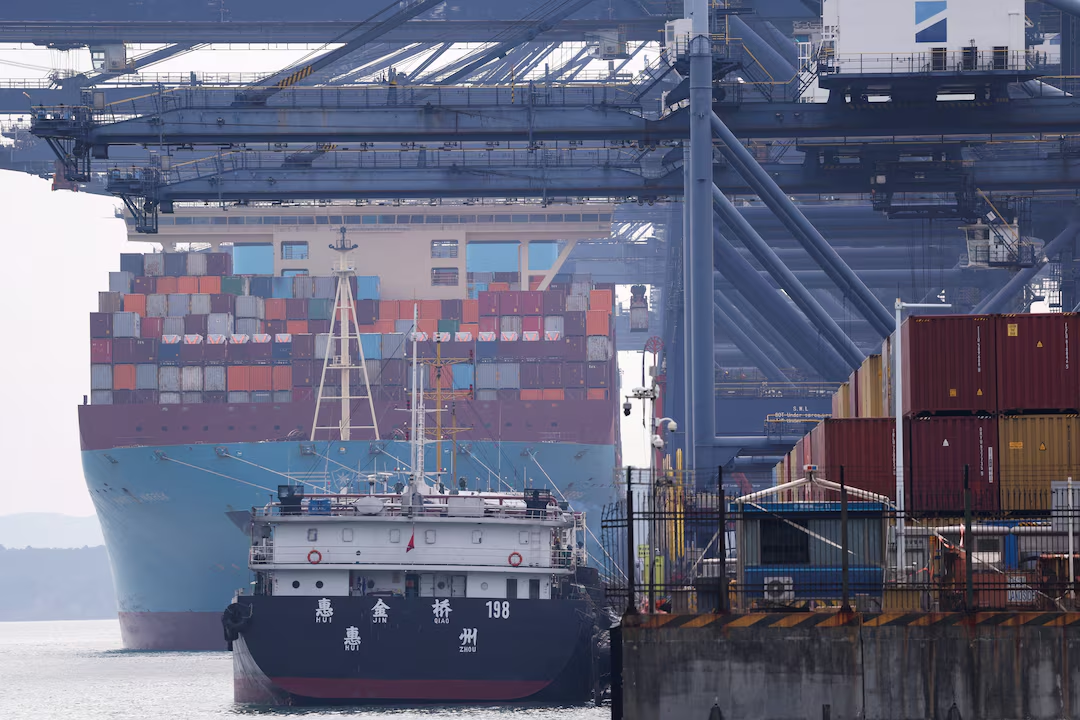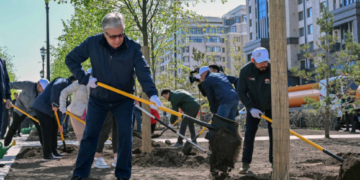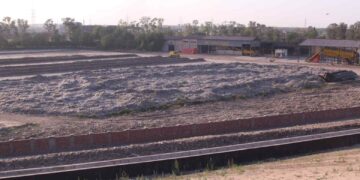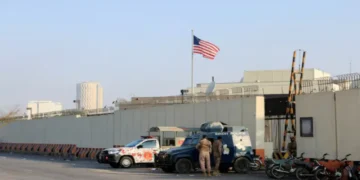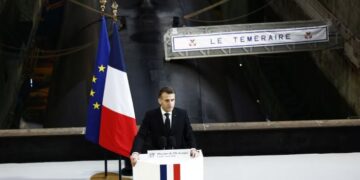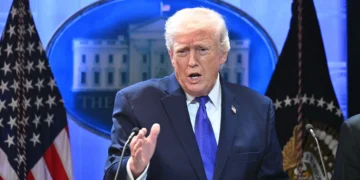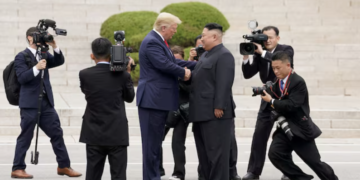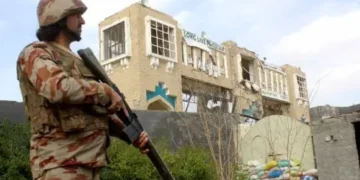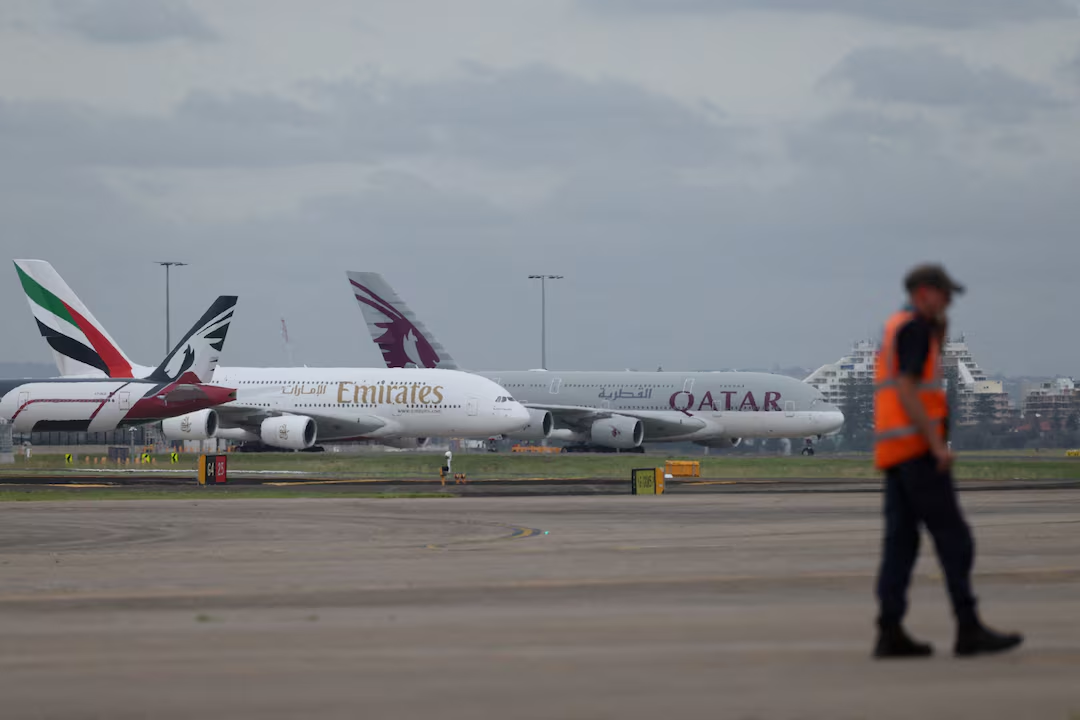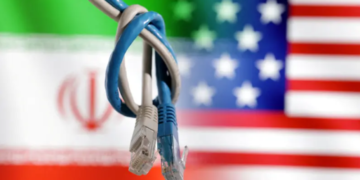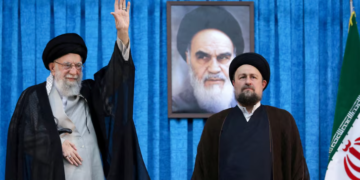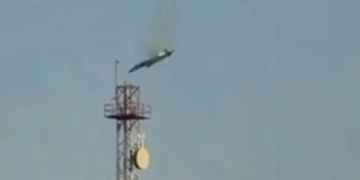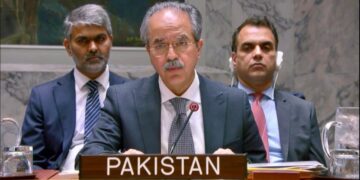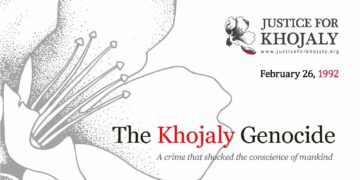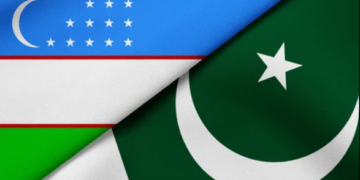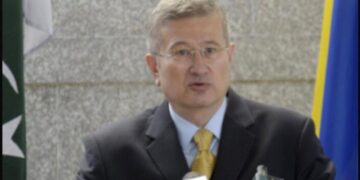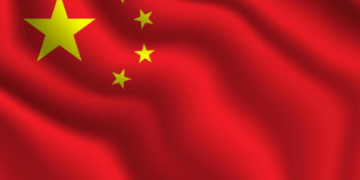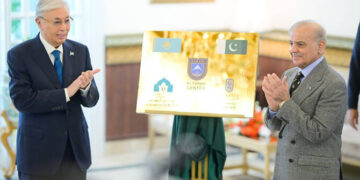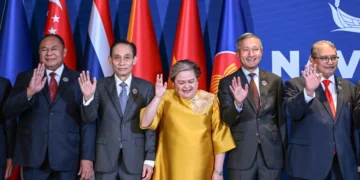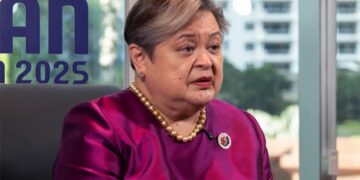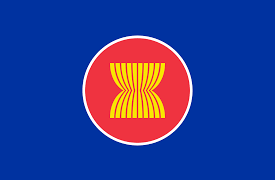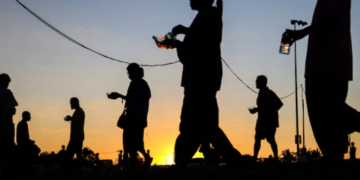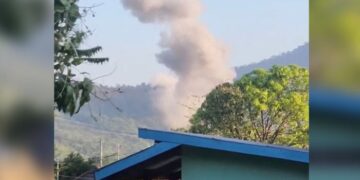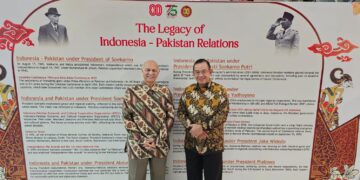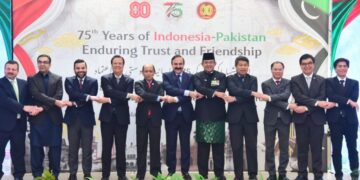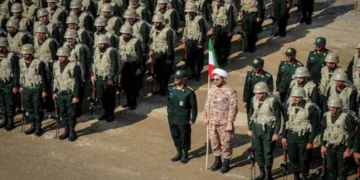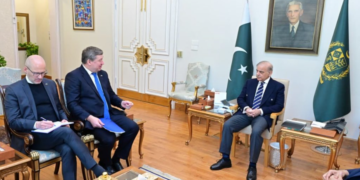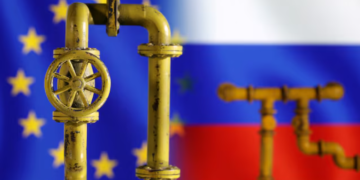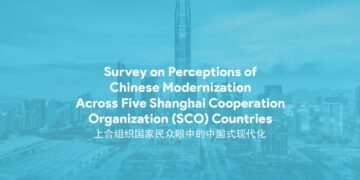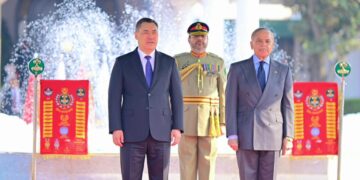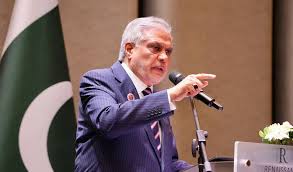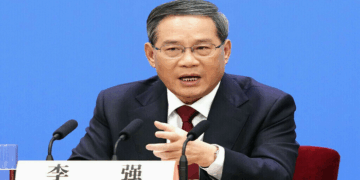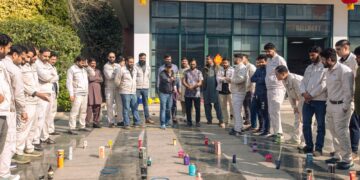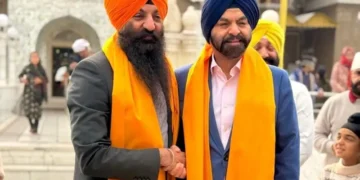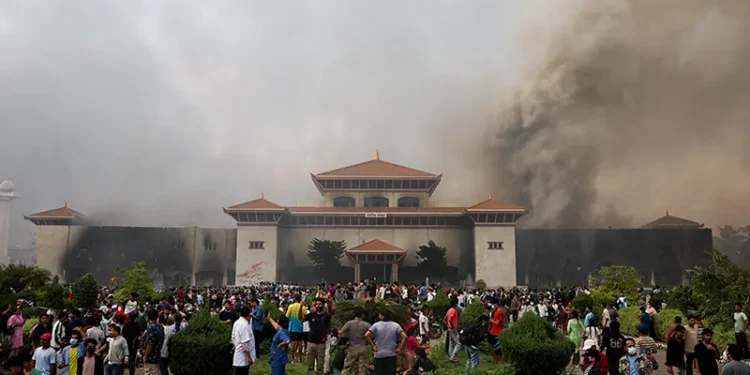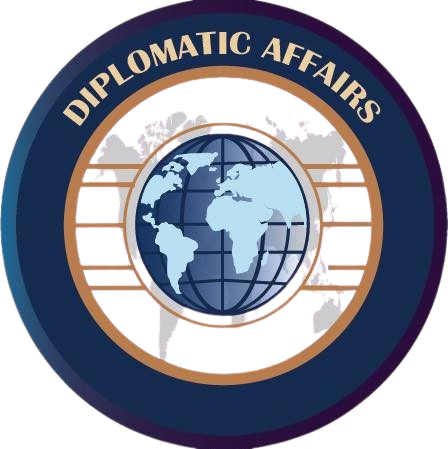KATHMANDU; Nepal was thrown into deep political turmoil on Tuesday after Prime Minister KP Sharma Oli resigned under intense pressure from massive anti-corruption protests led largely by young people.
His departure came just a day after violent clashes left 19 dead and more than 100 injured, marking some of the worst unrest in the country in decades.
The protests, fueled by anger over corruption and unemployment, spiraled after Oli’s government imposed a sudden ban on social media platforms. Demonstrators defied an indefinite curfew in Kathmandu, clashing with police who fired tear gas and rubber bullets as crowds attempted to storm parliament. The ban was lifted after mounting criticism, but the unrest only intensified.
In his resignation letter to President Ramchandra Paudel, Oli, 73, said he was stepping down “to facilitate a political solution in line with the constitution.” His exit ended his fourth term as prime minister and opened a fresh chapter of uncertainty in a country already beset by economic struggles and fragile institutions since the monarchy’s abolition in 2008. President Paudel has begun consultations to appoint a successor and has invited protest leaders to talks, while the army chief prepared to address the nation.
Celebrations erupted outside parliament as news of Oli’s resignation spread. Jubilant youths stormed the complex, chanting slogans and spray-painting “We won” across its walls. Although protesters remained in the streets, the violence subsided as security forces maintained a cautious distance.
Earlier, Oli had convened a meeting of political parties, urging dialogue over violence but avoiding direct engagement with corruption allegations. Two cabinet ministers resigned late Monday citing “moral grounds.” Protesters, however, pressed on. They set tyres ablaze, threw stones at riot police, and attacked politicians’ homes.
Witnesses reported fires at the prime minister’s residence and at the Singha Durbar complex, which houses the parliament and key ministries. Some officials, including former prime minister Sher Bahadur Deuba and current ministers, were reportedly targeted, though the claims remain unverified.
Kathmandu’s international airport was forced to close temporarily due to thick smoke from fires lit by demonstrators. The unrest quickly spread to other cities, organized largely by disaffected young people who described themselves as “Generation Z.”
Protest organizers said their movement was rooted in anger over corruption and the government’s failure to create opportunities. Many young Nepalis, unable to find jobs at home, migrate abroad to work in construction and service industries, sending back vital remittances.
Frustration had been simmering online for months, as youths criticized the lavish lifestyles of politicians’ families. Oli’s government further inflamed tensions last week by blocking several social media platforms, citing disinformation and fraud.
The United Nations voiced grave concern at the escalating crisis. UN High Commissioner for Human Rights Volker Turk urged both protesters and security forces to step back from violence. “Violence is not the answer,” he said, calling for urgent investigations into the disproportionate use of force by police while condemning attacks on government officials and property. He emphasized the importance of listening to young people’s grievances through peaceful dialogue.
With Oli gone, Nepal now faces a delicate balancing act—finding new leadership, restoring order, and addressing the frustrations of a restless youth population demanding accountability and change.

